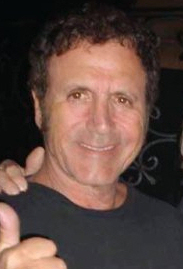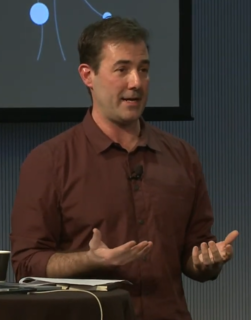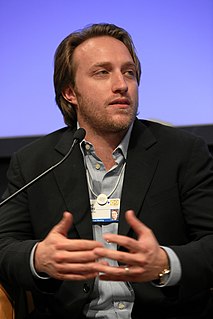A Quote by Anne Applebaum
Quite a lot has been written, including by me, about the effect of social media on politics, and in particular the way in which the algorithms built into Facebook and YouTube are more likely to spread angry, extremist and deliberately provocative political language.
Related Quotes
There is one great truth in western politics that I have been able to see, and that is this: The more left wing your political ideals are, the more naive a person you are likely to be. The more right wing your political ideals are, the more evil a person you are likely to be. Choosing a political standpoint is largely a matter of deciding which failure as a human you are more comfortable with.
I'm on social media a lot. It kind of revises or revives your career. Because of social media I get pictures and autographs from all over the place. If that wasn't around, people would wonder, "What's Frank Stallone up to?" Now they can just got to YouTube and see a million things. It's quite a bit of fun.
These algorithms, which I'll call public relevance algorithms, are-by the very same mathematical procedures-producing and certifying knowledge. The algorithmic assessment of information, then, represents a particular knowledge logic, one built on specific presumptions about what knowledge is and how one should identify its most relevant components. That we are now turning to algorithms to identify what we need to know is as momentous as having relied on credentialed experts, the scientific method, common sense, or the word of God.
PR got to be much bigger because of the emergence of digital media. Now we have hundreds of people who are, in a sense, manning embassies for Facebook and Twitter for brands. So the business in effect has morphed from pitching stories to traditional media, to working with bloggers, Twitter, Facebook and other social media, and then putting good content up on owned websites.
The politics of language and the politics of writing really got to me. I've heard this phrase more than once now: this idea of the poetry wars, or the idea that people within the space of writing are at odds with one another or manipulating language to further one's political stance, manipulating language in ways that really felt dirty to me. All of these things worked their way into and through language for me.
The thing about social media is that it is anonymous, so it can be much more vitriolic and extreme than normal media and yet it is there for everyone to see. It is kind of like electronic graffiti. The political process is accelerated and intense in a way that I don't believe it ever really has been before.
We will continue to address things, but in as much as I want to talk about politics as they are related to social media, I don't necessarily want to be a political show. I want it to cover everything, everything in our culture through social media, politics, pop culture, entertainment, science, everything.

































